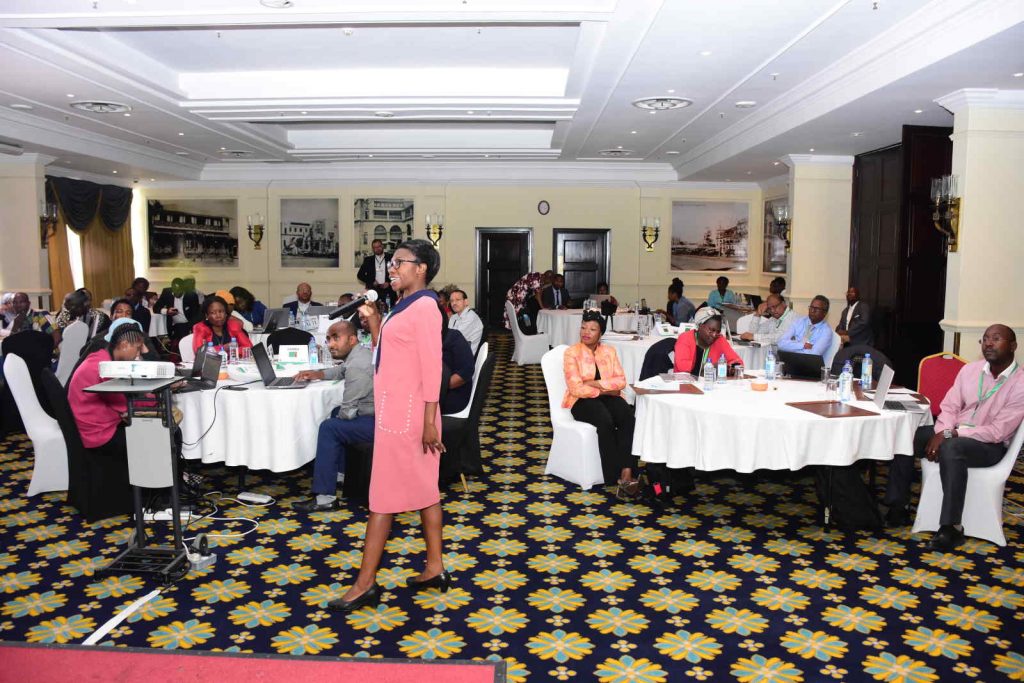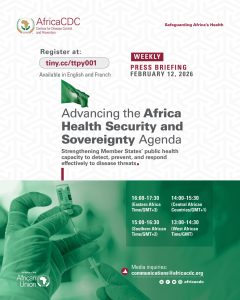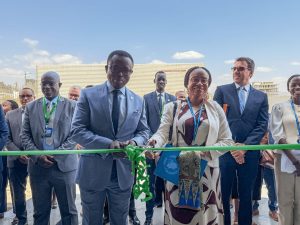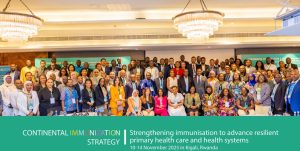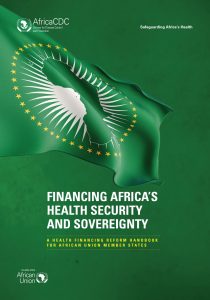Eighty participants from 18 African countries are participating in a training on enhanced surveillance at points of entry currently holding in Narobi, Kenya, for points of entry surveillance officers, national surveillance officers, airport authority officers, and representatives of airlines.
The training is organized by the Africa Centres for Disease Control and Prevention in partnership with the World Health Organization (WHO), the International Civil Aviation Organization (ICAO), and the African Field Epidemiology Network (AFENET), for countries with the most at-risk airports.
The first set of 40 participants completed their training on 16 February and the second set of trainees started their training on Monday, 17 February 2020.
Dr Patrick Amoth, Director General for Health, Ministry of Health, Republic of Kenya, opened the first training session, in the presence of Mr Barry Kashambo, Regional Director, ICAO–ESAF, Dr Miriam Nanyunja of the WHO Emergency Program, Eastern Africa Hub; and Dr Justin Maeda, Acting Head, Division of Surveillance and Disease Intelligence at Africa CDC.
Since the outbreak of the coronavirus disease (COVID-19) was officially declared in January 2020, Africa CDC has been working with African Union Member States and partners to strengthen the capacity of African Union Member States to rapidly detect, test and curtail the spread of the disease in Africa. Actions taken include training representatives of Member States in laboratory testing of coronavirus, infection prevention and control, risk communication, and surveillance. Africa CDC is also supporting countries to source for and obtain reagents needed to rapidly test for the virus.
This training is to strengthen capacity in the continent and ensure standardization of points of entry surveillance by the different countries so they can quickly detect and contain the outbreak while at its lowest magnitude in the continent.
“Africa’s best weapon in supporting its health system is to ensure that its surveillance and disease detection systems are strong enough to identify and track at-risk individuals returning from affected countries through basic but sound approach that is based on scientific evidence,” said Dr Maeda.
In addition to supporting enhanced surveillance, the trainees will support stepdown training for other surveillance experts in their countries or regions. They will contribute to policy recommendations to enhance multi-sectoral linkages between airlines, airport authorities and the public health systems on case detection and follow-up in Africa.

